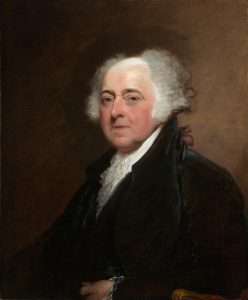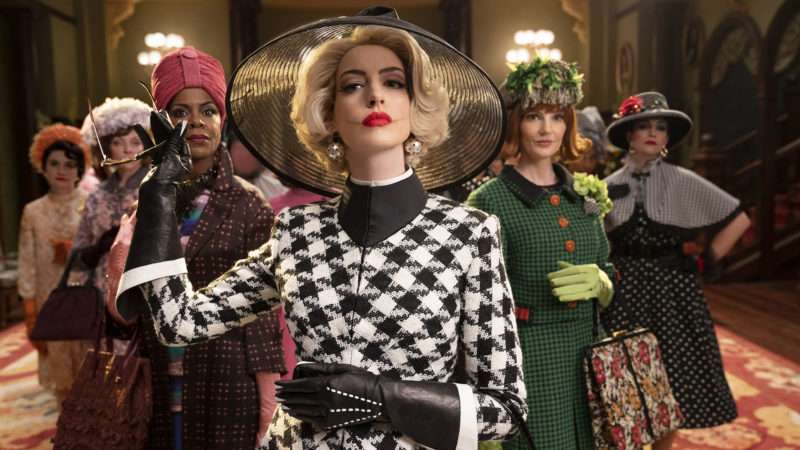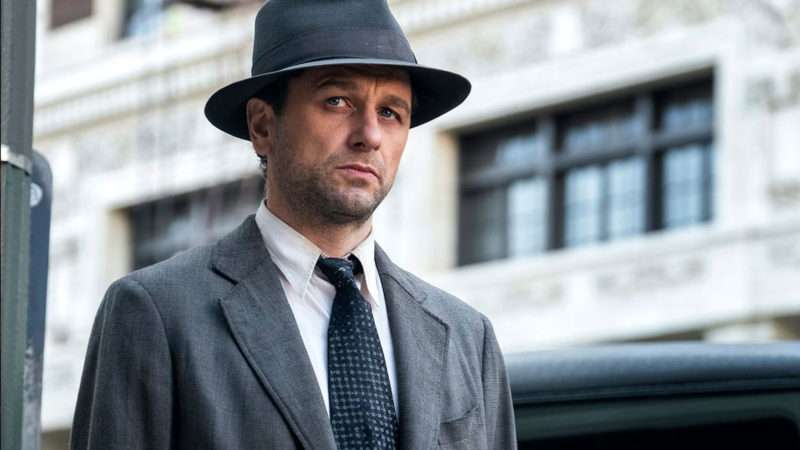In my final guest post, I’ll turn to the implications of the original meaning of the citizenship clause for originalism and modern law. Before I do, I want again to thank Eugene Volokh and the Volokh Conspiracy for inviting me, and to thank everyone for your comments and criticisms. The discussion may continue over at my regular blog, The Originalism Blog.
With some oversimplification, originalism is the view that the Constitution’s original meaning should bind modern governmental actors (what Lawrence Solum calls the constraint principle). As described in prior posts, the original meaning indicates that persons born in U.S. overseas territories are born “in” the United States and that U.S.-born children of people not lawfully present in the U.S. are born “subject to the jurisdiction” of the United States. Originalism’s constraint principle would require modern governmental actors to recognize people in these categories as U.S. citizens.
This originalist outcome may seem odd, though. The clause’s enactors likely did not foresee that their constitutional language would resolve either question. Neither question was part of the 1866-1868 citizenship debates. The U.S. didn’t have material overseas territories until 1898. Materially restrictive federal immigration law didn’t begin until the 1880s. The originalist resolution is therefore accidental: the enactors could have chosen other language to accomplish their goals that might have affected these modern debates differently. What justifications for originalism explain enforcing outcomes that the enactors could not contemplate?
Several common justifications seem unhelpful here. One is that modern law should respect the wisdom of the framers. A related idea invokes the framework in which the Constitution was adopted. John McGinnis and Michael Rappaport argue that the supermajority process required to adopt constitutional provisions tends to produce good results. Similarly, it’s said that adopting or amending a Constitution occurs in an atmosphere in which people undertake unusually thoughtful reflection on long-term goals and structures, in contrast to ordinary short-term political thinking.
These approaches share the common feature that they suppose adherence to original meaning produces (on balance) desirable substantive outcomes due to the way the text was adopted as law. Invoking the constraint principle to bind modern political actors is justified by the results. But this justification seems inadequate where the enactors didn’t choose the constraint that is now applied. With the citizenship clause, for example, the enactors likely didn’t understand the policy questions involving birth in overseas territories or birth to persons not lawfully present in the United States. Invoking the constraint principle to resolve these policy questions today (instead of leaving them to the political branches) is difficult to justify on the basis of the enactors’ wisdom or the enactment’s structural advantages. The text’s resolution of the policy questions arises from fortuity, not choice.
A second set of justifications for originalism rests on popular sovereignty. Regardless of the desirability of the enactors’ choices, those choices should (it is said) be honored because they were made through a democratic process encompassing the people’s will. Again, though, it is not clear why modern political actors should be bound to outcomes not deliberately chosen by the people at the time of enactment. If “the People” in adopting the Fourteenth Amendment couldn’t have foreseen that they were resolving key modern debates over citizenship, the resolution is only a fortuity of the language chosen, not a deliberate constitutional commitment of the popular sovereign.
These concerns might not worry those, such as my colleague Larry Alexander, who adopt an “original intent” view of originalism. Intentionalists might say that the best originalist way to apply the framers’ enactment is to constrain the political branches only in the paradigm situations the enactors actually understood and confronted, while leaving further extensions or non-extensions to the political branches.
But most modern originalists call themselves “original meaning” originalists (following Justice Scalia), not “original intent” originalists. So they need a justification for treating the citizenship clause’s text as binding even in its “accidental” applications.
I think there are two related justifications. The first is modern originalism’s core commitment to rule-of-law values, specifically (in the case of a written document) to the rule of written law. Professor Solum discusses this commitment at length in justifying the constraint principle. Rule-of-law values such as stability, objectivity, and predictability are served by following the text’s original meaning even if that meaning constrains modern political actors in ways the enactors couldn’t foresee.
Originalism’s rule-of-law commitment also arises from a formalistic idea of what the law is. This commitment underlies Justice Scalia’s pioneering shift from original intent to original meaning. The law, he insisted, is what was enacted: the text, not the intentions. A formalist conception of law requires that the text be applied to the full extent of its meaning even if that goes beyond (or not as far as) the enactors’ conscious design.
Originalism’s commitment to formalism and rule-of-law values isn’t incompatible with commitments to the framers’ wisdom, the structure of the enactment process, or the idea of popular sovereignty. In many (perhaps most) cases, the justifications will run in parallel. Commitment to the text’s original meaning commonly validates these other justifications because the text is (usually) the best evidence of the enactors’ design. But as the citizenship clause indicates, original meaning and the enactors’ design will sometimes diverge. At that point, rule-of-law considerations appear to dominate and justify original meaning originalism’s adherence to the text without exception.
Categorical adherence to original meaning is reinforced by an important practical concern. To this point, I’ve assumed that it’s possible to separate clearly situations in which the enactors deliberately resolved a modern policy choice and situations in which they resolved it only accidentally. But those situations may not be so easily distinguished. Even with the citizenship clause, some authorities have suggested that the enactors could have foreseen the issues of overseas possessions and undocumented migrants. Beyond the citizenship clause, categorization difficulties become even more apparent. What if the enactors deliberately chose to constrain the political branches in a certain way, but new policy considerations, not present at the time of enactment, arise to suggest that the policy decision has additional dimensions the enactors could not foresee? Pursuing such inquiries necessarily injects uncertainty and subjectivity into the interpretive process. Originalism applied with such qualifications may resemble non-originalism and cease to provide dependable constraint on judges or the political branches. Originalism’s commitment to rule-of-law values will sharply oppose such moves as undermining objectivity, stability, and predictability; originalism’s formalism will insist that the solution is the (relatively) concrete rule of original textual meaning, irrespective of whether that meaning reflects a deliberate policy choice of the enactors.
The formalist approach is compatible with other justifications for originalism. Those who rest originalism on the framers’ wisdom may believe that, on balance, the best way to effectuate the framers’ wisdom is to apply the framers’ text categorically, even to situations in which it may appear that the framers did not make a deliberate policy choice. The alternative is case-by-case evaluation of the text’s compatibility with the framers’ choices, which, in addition to being unstable and unpredictable, may, due to institutional limitations and bias, not deliver superior results. Thus, other justifications for originalism may combine with and complement originalism’s formalism, rather than stand as an alternative to it. But the example of the citizenship clause indicates, I think, that formalism is originalism’s core.
from Latest – Reason.com https://ift.tt/3ecd7dd
via IFTTT




